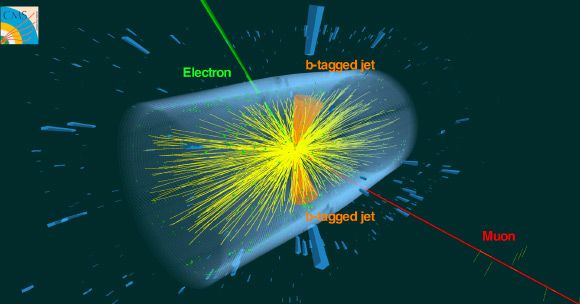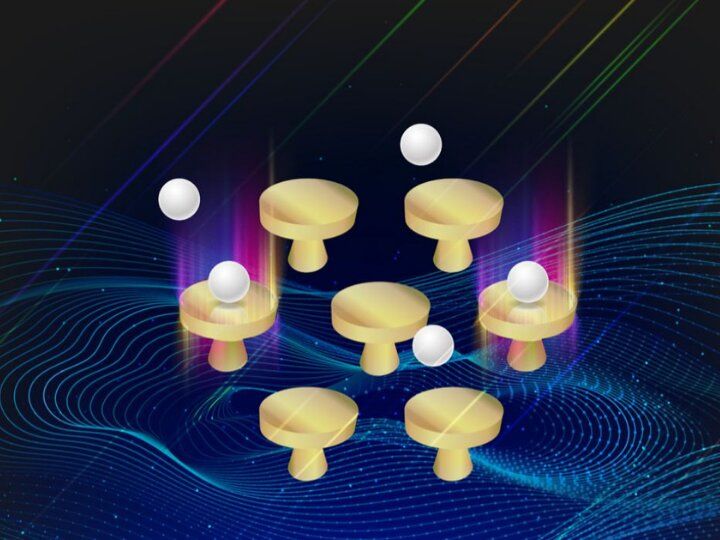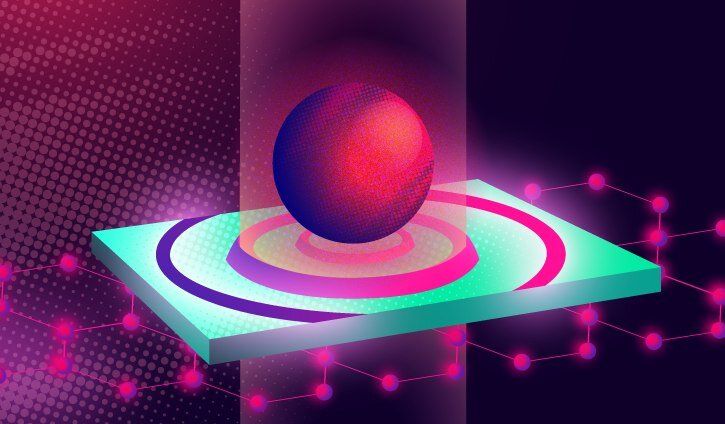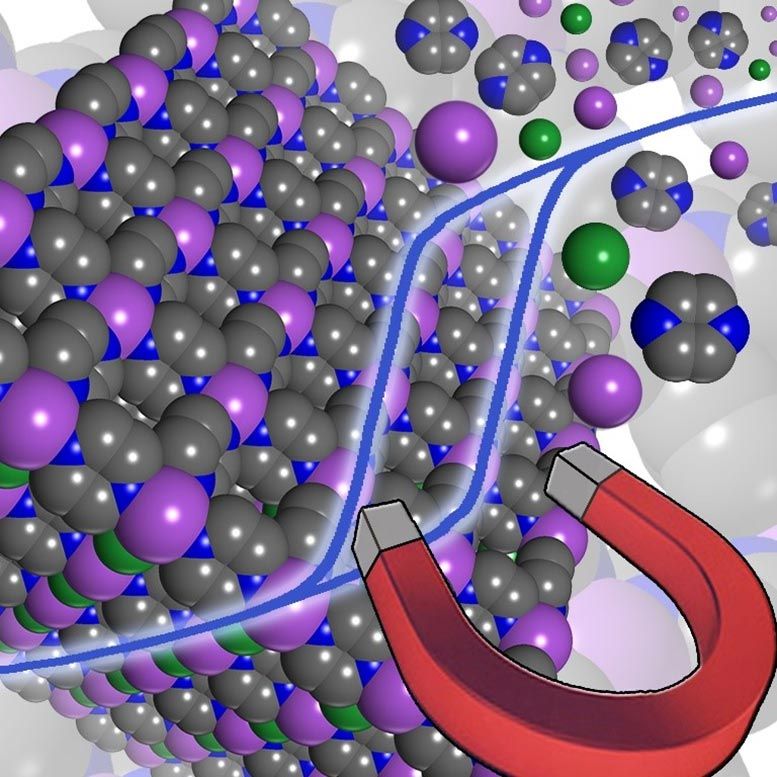Nov 16, 2020
CERN Physicists Find First Evidence for Production of Top Quarks in Nucleus-Nucleus Collisions
Posted by Genevieve Klien in categories: cosmology, particle physics
New results from the CMS Collaboration at CERN’s Large Hadron Collider demonstrate for the first time that top quarks are produced in nucleus-nucleus collisions. The results open the path to study in a new and unique way the extreme state of matter that is thought to have existed shortly after the Big Bang.
First observed in proton-antiproton collisions at the Tevatron collider 25 years ago, this particle is also a unique and potentially very powerful tool to understand the inner content of nuclear matter.

















